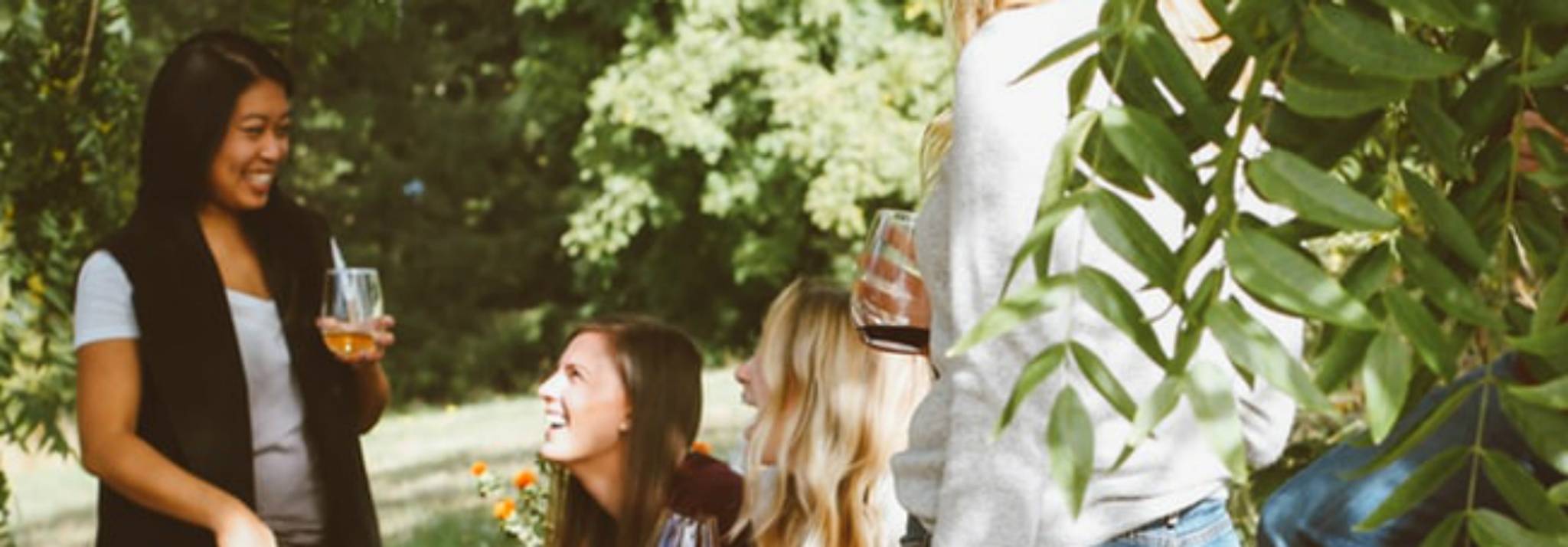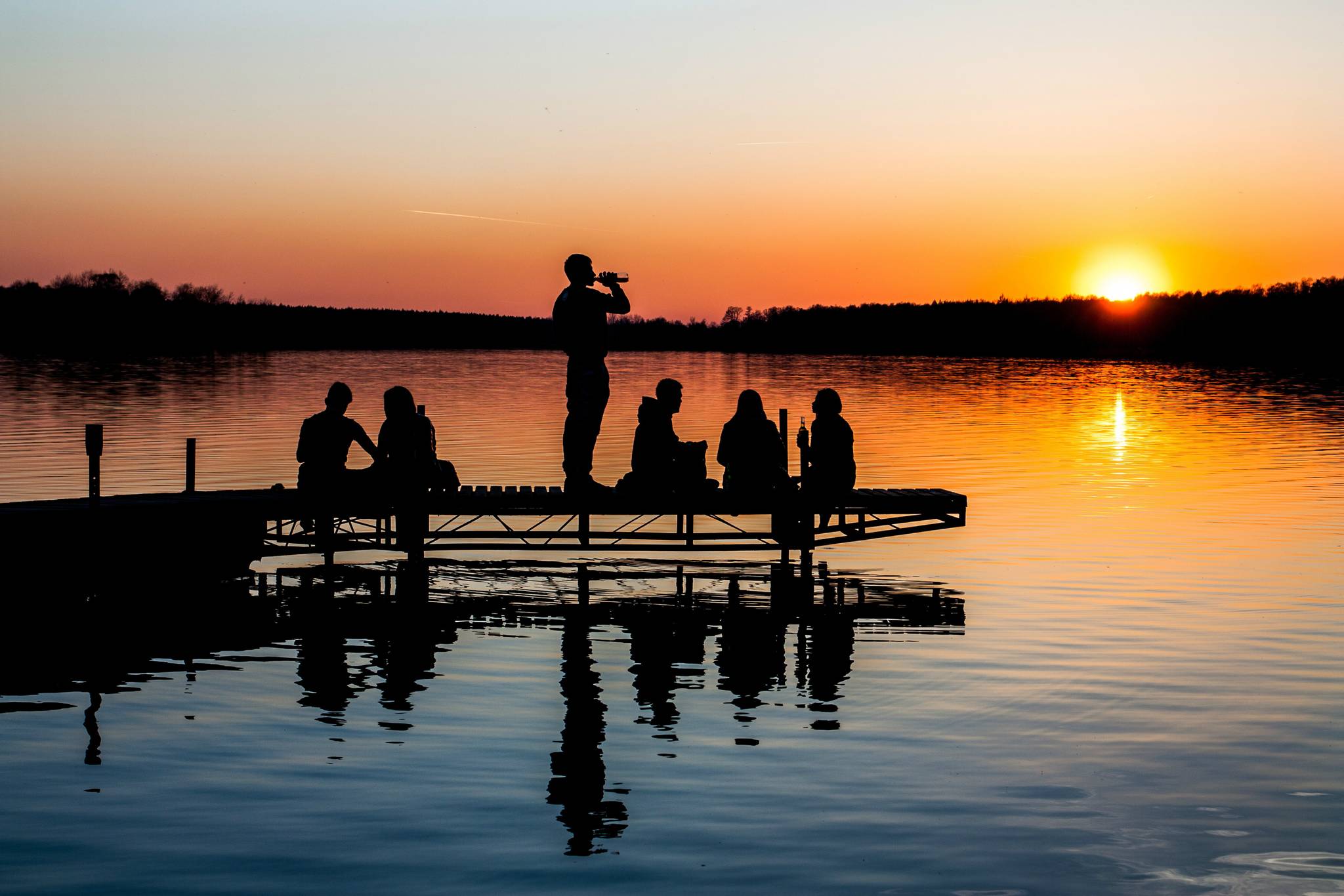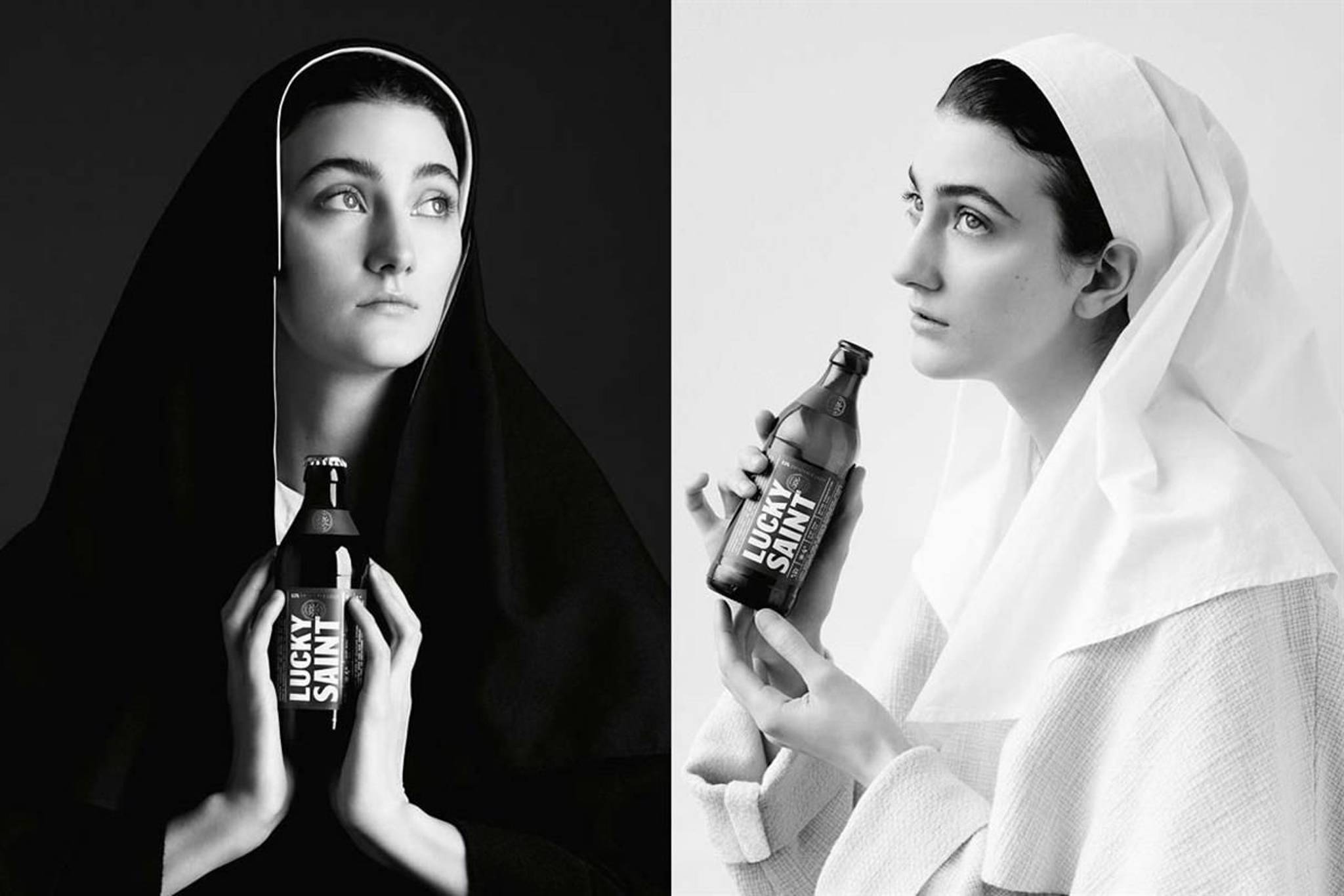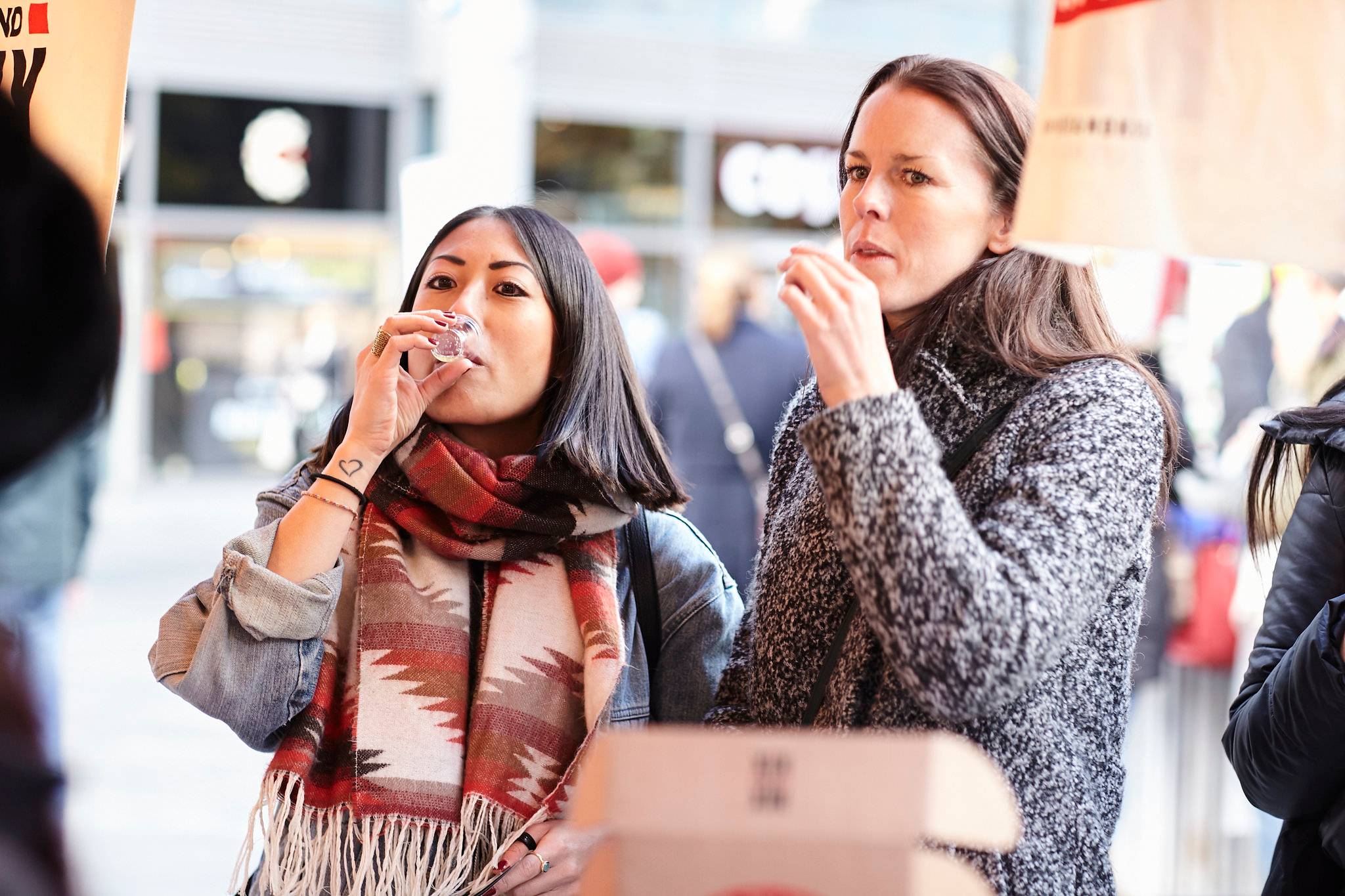
An online ‘sobriety school’ called Tempest is taking a holistic approach to helping people who want to reduce their alcohol consumption. As low-alcohol and teetotal lifestyles become more mainstream, Tempest is acknowledging that sobriety doesn’t have to come with the ‘former alcoholic’ label. We explore the insights behind this and why people want treatment to be destigmatized.
Tempest is an eight-week tech-led ‘sobriety school’. The $647 program teaches people the underlying causes of addiction through video classes and live Q&A sessions with participants. It’s aimed at alcohol drinkers who don’t identify with the term ‘alcoholic’ and veers away from classical 12-step programs, taking a more holistic approach. Tempest uses principles of mindfulness to help people to change their drinking behavior. “It was a response to the lack of desirable and accessible options to address problematic drinking, the lack of options available for people who don’t identify as alcoholics but struggle with alcohol and the lack of options that have been created for women and other individuals,” says founder Holly Whitaker. “Everything had been created for men.”
More than half (52%) of American adults are trying or have tried to reduce their alcohol intake, but the stigma related to the term ‘alcoholic’ can deter some people from seeking help. And there’s a gender disparity, too – the breakdown of people getting treatment for alcohol use is 25% female and 75% male. Tempest aims to destigmatize treatment and make it accessible to traditionally underserved groups – a real need, considering a 2016 report by Recovery.org shows that 89% of AA attendees are white and only 38% are female. At $647, it’s likely still inaccessible for many people, but given the social stigma associated with alcoholism, approaching sobriety from a holistic perspective can be a way to encourage people to change their behavior without fear of judgment.
Sophie Robinson is a Behavioural Analyst at Canvas8. She has a degree in Social Anthropology from the University of Manchester and always tries to deconstruct stereotypes of normality. Outside of work, you'll find her buying a new plant, reading about Shamans or catching some live music.



